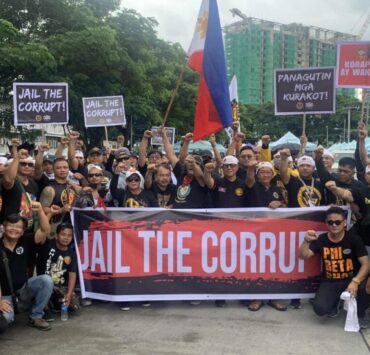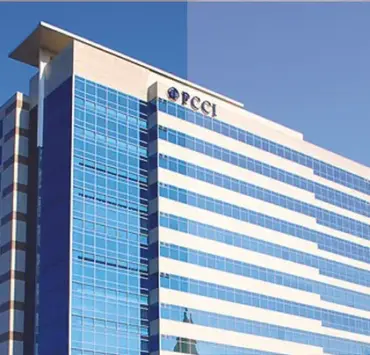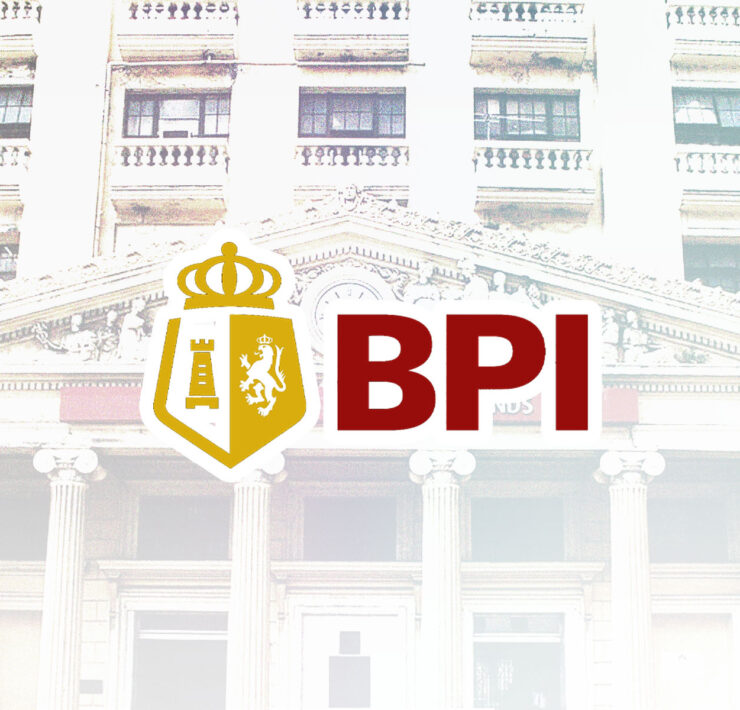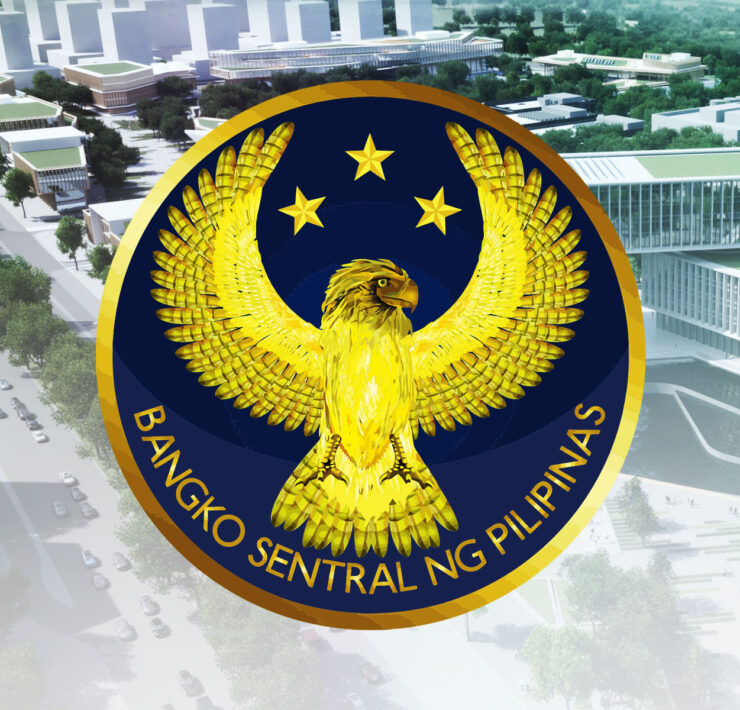Filipinos targeted by scams almost every 2 days, report says
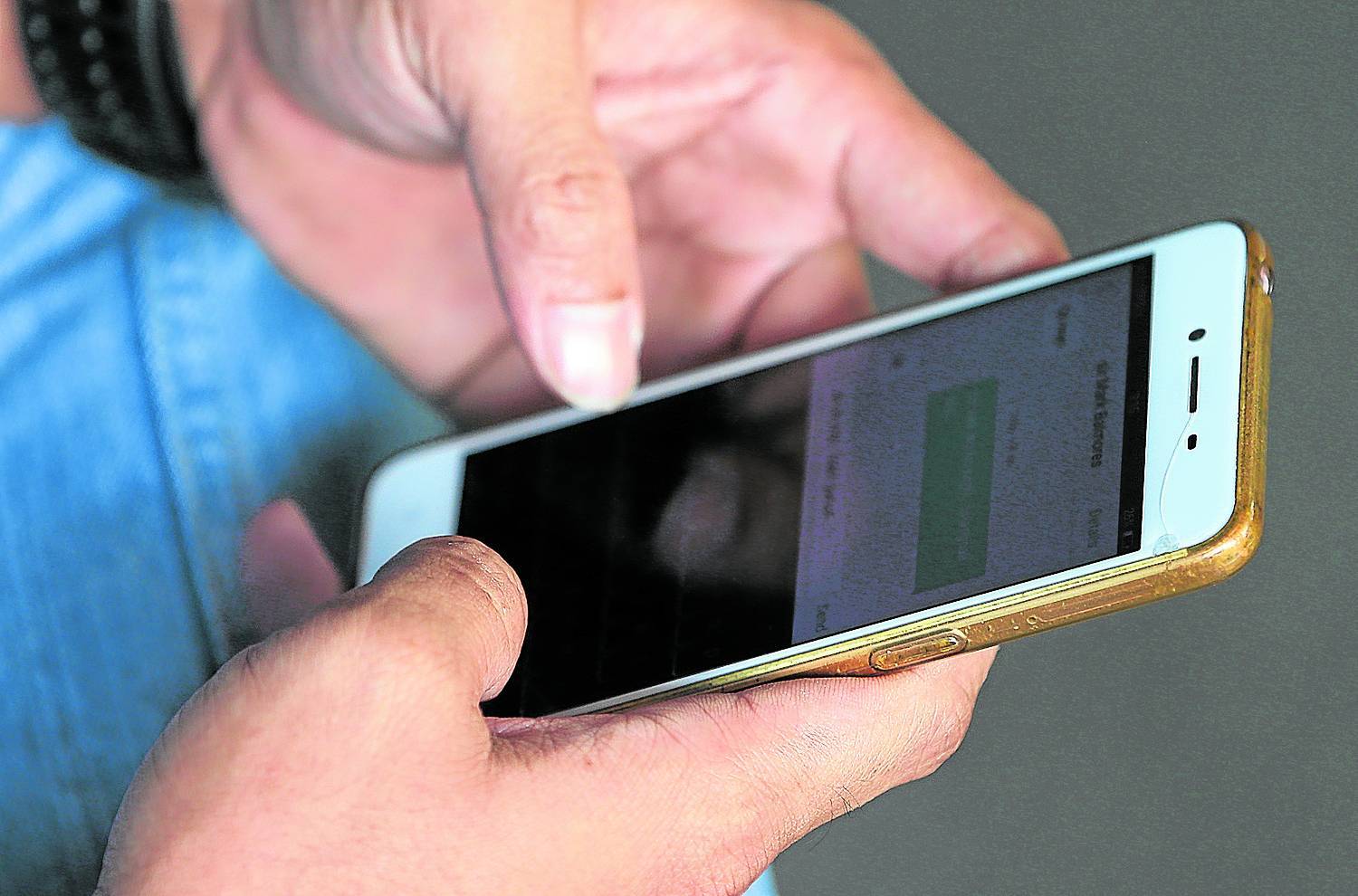
Filipinos are fending off scam attempts almost every other day, with adults targeted 239 times a year on average as digital fraud surges across the country, according to a new report by the Global Anti-Scam Alliance (GASA) in collaboration with Mastercard and Whoscall.
The study found that adults lost an average of P11,896 over 12 months, with most scams coming through text messages, which affected 75 percent of victims, followed by messaging apps at 50 percent and social media platforms such as Facebook and Telegram at 50 percent.
In turn, about 23 percent of households cut spending, another 23 percent reported heightened family tensions, and 20 percent had to take on additional debt.
GASA said the findings highlighted a “growing fraud landscape,” with scammers increasingly able to clone profiles, fabricate engagement metrics and mimic verified pages to appear legitimate.
“When nearly one in three Filipinos loses money to a scam, it’s not just a digital safety issue. It’s a household stability issue. People are cutting back on daily needs, doubting the tools they rely on, and carrying the emotional weight long after the scam is over,” Brian Hanley, GASA Asia Pacific director, said.
Millennials lost the most money, averaging over P14,000 each, while Gen Z consumers were the least confident in spotting scams.
In terms of exposure, 76 percent of the Silent Generation, those preceding the baby boomers and 72 percent of suburban residents reported encountering scams.
Still, only 73 percent of the survey participants reported the scam incidents, which GASA said points to the “weaknesses in the country’s consumer protection and reporting systems.”
“Although most victims attempt to report scams, many find the process ineffective. 40% admitted they did not know who to contact, while a third found the reporting system too complicated,” the report read.
“Just 11% of those who lost money were able to recover it, highlighting systemic weaknesses in consumer protection.”
According to GASA, combating scams should be a priority among banks, digital platforms, telecom operators and regulators.
Zooming out, President Marcos, in July 2024, signed Republic Act No. 12010, or the Anti-Financial Account Scamming Act, with the Bangko Sentral ng Pilipinas having the authority to draft and implement guidelines.
“As scams grow more sophisticated, they are no longer isolated incidents—they are a perpetual digital threat, inflicting both financial loss and social trauma,” Jason Crasto, Country Manager of Mastercard Philippines, said.
“Protecting Filipinos requires systemic cooperation between industries and government to restore trust in the digital economy,” he added.














